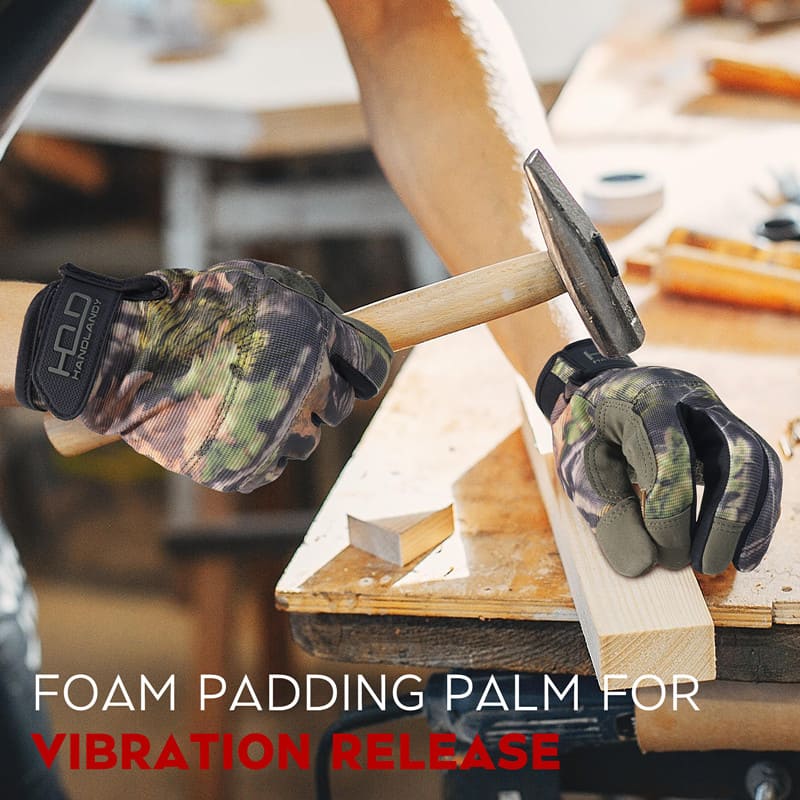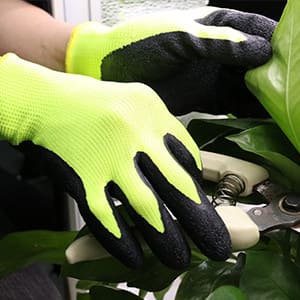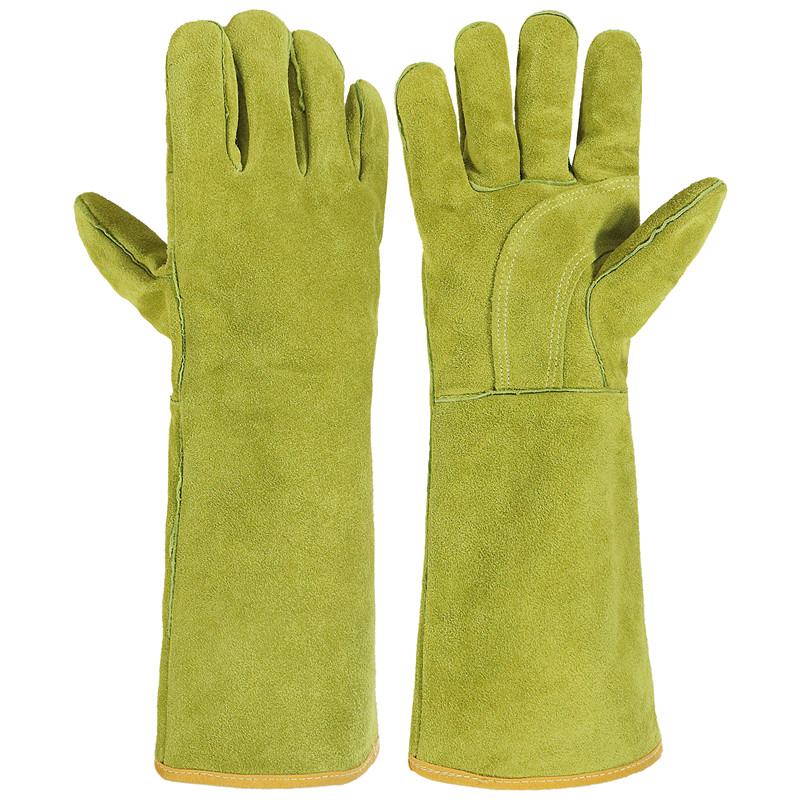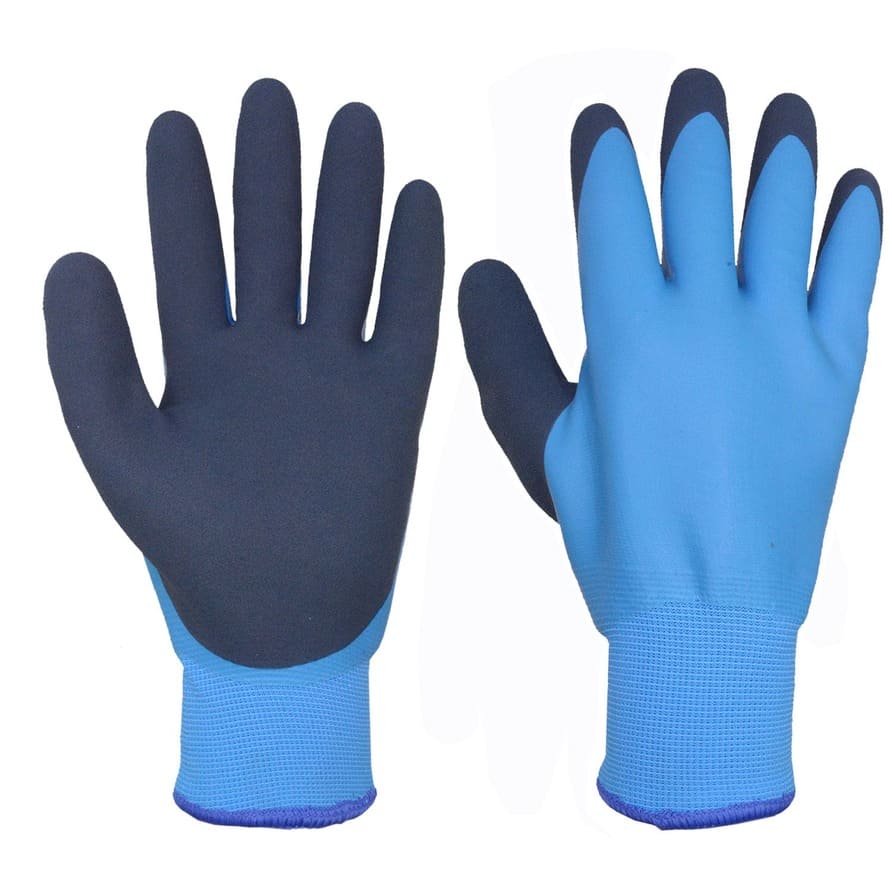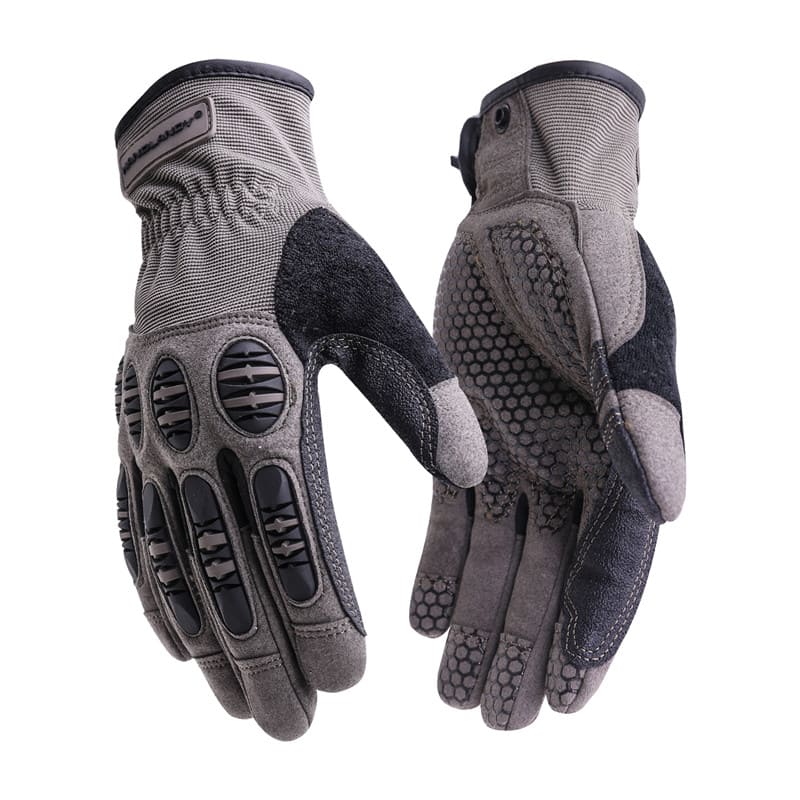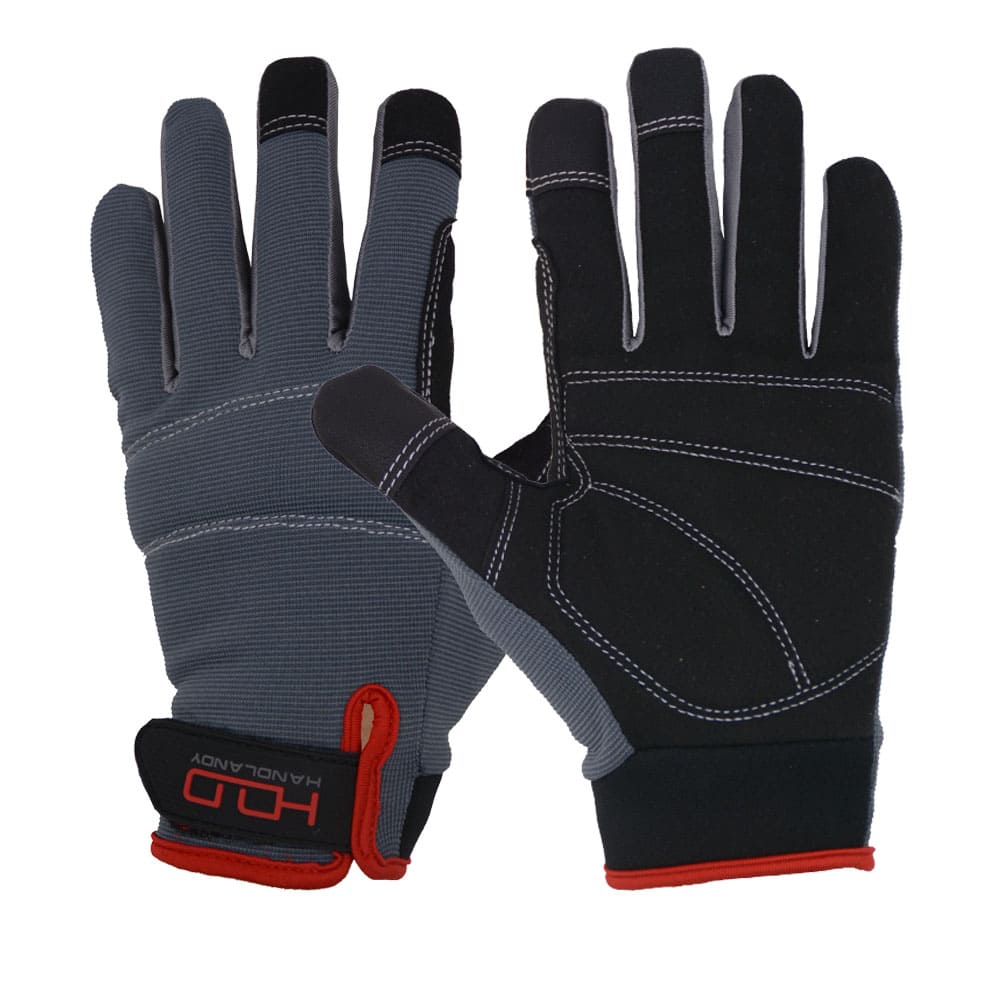When sourcing impact gloves for your business, it’s essential to understand the key features, materials, and manufacturing practices that can make a significant difference in both the safety and functionality of the gloves. Whether you’re working in construction, automotive, or any other high-risk industry, finding the right impact gloves is crucial for your workers’ safety and productivity. This guide will help you navigate the essential factors when purchasing impact gloves for your business.
What Are Impact Gloves?
Impact gloves are specialized protective gloves designed to shield your hands from impact, vibration, and shock in industries that involve heavy lifting, machinery, or hazardous materials. These gloves are engineered with features like reinforced knuckles and palm protection to reduce the risk of injury from sudden impacts or repetitive stress.
Common Industries That Use Impact Gloves
- Construction
- Automotive
- Welding
- Oil and Gas
- Manufacturing
Key Features to Look for in Impact Gloves
When sourcing impact gloves for your business, there are several key features to consider to ensure you are getting the best protection, comfort, and durability:
1. Impact Protection
The most important feature of impact gloves is their ability to protect against injury. Look for gloves with knuckle protection made from materials like thermoplastic rubber (TPR) or EVA foam. These materials help absorb shocks and distribute the force of impact, reducing the likelihood of injury.
2. Durability
Durability is critical, especially in tough work environments. Look for gloves made with abrasion-resistant materials such as leather or synthetic fabrics. These materials extend the lifespan of the gloves and ensure they continue to protect your workers even in harsh conditions.
3. Grip and Dexterity
Good grip and dexterity are necessary for tasks that require precision and control. Gloves with textured palms or rubber coatings improve grip, while materials like nylon or spandex provide the flexibility needed for detailed work.
4. Comfort and Fit
Comfort is key for gloves that are worn for long periods. Look for ergonomic designs that offer a snug fit without being too tight. Gloves with adjustable wrist straps or stretchable fabrics like spandex can improve the fit and comfort for your workers.
5. Breathability
Workers need gloves that can keep their hands cool and dry throughout the day. Breathable materials like mesh or ventilated linings help regulate temperature and reduce sweat, preventing discomfort during extended use.
How to Evaluate Manufacturers
Finding the right manufacturer is just as important as selecting the right gloves. Here’s what you need to know:
1. Certifications and Standards
Ensure the manufacturer follows relevant safety standards. Look for certifications such as EN 388 (abrasion, blade cut, tear, and puncture resistance) and ASTM standards, which confirm that the gloves meet specific safety and performance requirements.
2. Quality Control
A reliable manufacturer will have strict quality control measures in place, including factory audits, batch testing, and third-party inspections. These measures ensure that the gloves are consistent in quality and performance.
3. Customization Options
If your business needs custom gloves, ensure the manufacturer can accommodate your specific requirements. Look for options to customize sizes, colors, branding, and additional features such as touchscreen compatibility or reflective strips.
4. Lead Time and Minimum Order Quantities (MOQ)
Make sure the manufacturer can meet your timeline and order volume. Typically, for wholesale or custom orders, manufacturers will set a minimum order quantity (MOQ). Be clear about your needs and check the lead time before placing an order.
Materials to Look for in Impact Gloves
The materials used in manufacturing impact gloves play a significant role in their performance. Here’s what to look for:
1. Rubber and Thermoplastic Materials
Rubber and thermoplastic materials like TPR (Thermoplastic Rubber) are commonly used in impact gloves for knuckle protection. These materials provide excellent impact resistance and flexibility.
2. Leather vs. Synthetic Materials
- Leather: Leather is known for its durability and abrasion resistance. It’s often used in gloves meant for heavy-duty tasks.
- Synthetic Fabrics: Synthetic materials like polyester and nylon are lightweight, cost-effective, and offer good flexibility. They are ideal for gloves that require both dexterity and impact protection.
3. Reinforced Fabrics
To improve cut resistance, many manufacturers use reinforced fabrics like Kevlar or Aramid fibers. These fabrics offer superior strength and can prevent injuries from sharp objects.
Ensuring Compliance with Regulations
Compliance with workplace safety standards is essential when sourcing impact gloves. Different regions have specific regulations to ensure worker safety, including OSHA in the U.S., CE marking in Europe, and other local certifications.
How to Ensure Compliance:
- Request certifications: Always ask the manufacturer for documentation proving that their gloves meet the required safety standards.
- Check factory audits: Look for manufacturers who conduct regular factory inspections to ensure product quality and compliance with safety standards.
- Test samples: Before placing a large order, consider testing samples to confirm the gloves’ performance and quality.
Building Strong Relationships with Your Supplier
Building long-term relationships with reliable manufacturers ensures you get consistent quality and better pricing. Look for manufacturers who prioritize customer service and have a reputation for delivering on time. Attending industry trade shows or getting referrals from other businesses in your industry can also help you find trustworthy suppliers.
Conclusion
When purchasing impact gloves for your business, look for features that provide strong impact protection, durability, comfort, and grip. Be sure to work with manufacturers who adhere to safety certifications, provide quality control, and offer customization options that suit your specific needs. Building strong supplier relationships is key to getting consistent quality and service.
By keeping these factors in mind, you can ensure that you’re selecting the best impact gloves to protect your workers and improve their productivity in challenging environments.

